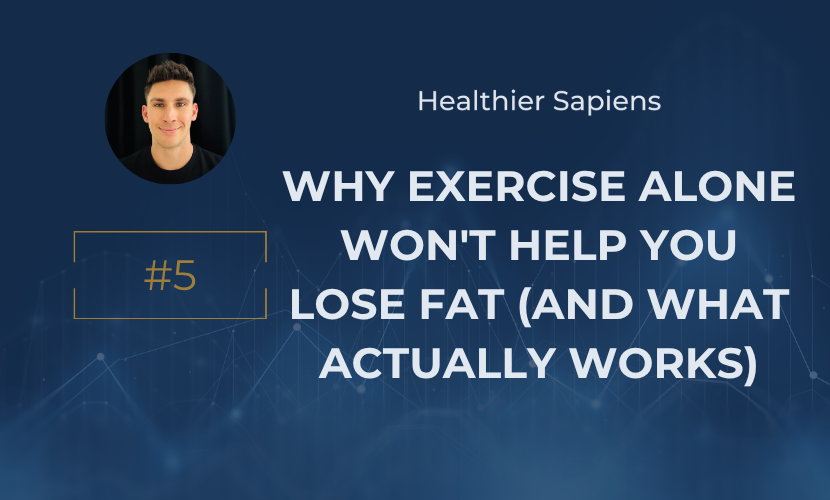Why Exercise Alone Won't Help You Lose Fat (And What Actually Works)
The brutal truth about training hard but seeing zero results
11/14/20254 min read


Seven weeks ago, Mr. O reached out to me on LinkedIn.
He'd been hitting the gym 4 days a week for 18 months. Strength was up. Cardio was solid. But the scale? Stuck. His pants? Still tight.
Worse, he was constantly injuring himself. Tweaked shoulder. Sore knee. Lower back flaring up every other week.
"What am I doing wrong?" he asked.
Here's what I told him: Exercise isn't the problem. Your fork is.
Fast forward to today. Mr. O is down 7 kg. Same exercise routine. Different approach to food. Especially one decision that changed everything: giving up alcohol for 30 days.
Let me be clear about something most fitness influencers won't tell you.
You Cannot Out-Train a Bad Diet
I know. You've heard this before. But let me show you why it's true.
One hour of intense exercise burns roughly 400-600 calories. Sounds impressive until you realise that's one muffin and a latte. Or 3 glasses of wine. Or half a takeaway meal.
The math is brutal.
Here's what most people don't realize: exercise is phenomenal for metabolic health. It improves insulin sensitivity. Builds muscle. Boosts mitochondrial function. Reduces inflammation.
But fat loss? That happens in the kitchen.
Your body is incredibly efficient at compensating for increased activity. You exercise more, you get hungrier. You eat more. Net result? Zero change in body composition.
I see this pattern constantly with my executive clients. They're crushing it at 6am CrossFit. Meal prepping on Sundays. But they're "treating" themselves after hard workouts. Having a couple drinks to unwind. Grabbing convenient snacks between meetings.
The exercise is working. The nutrition is sabotaging it.
Sound familiar?
The Most Important Thing You Can Do This Week
Track your food for 7 days straight. Not to judge yourself. Just to see reality.
Use your phone's notes app or MyFitnessPal. Write down everything. The handful of nuts. The taste while cooking. The kids' leftovers. All of it.
Why this works: most people underestimate their calorie intake by 30-40%. You can't fix what you can't see. Seven days give you weekdays and weekend patterns. This isn't about perfection. It's about awareness.
You'll be shocked at what you find.
What the Latest Research Shows
Processed vs. Real Food: The Shocking Results
A new study just dropped in Nature Medicine that confirms what I've been telling clients for years.
Researchers took 55 adults and fed them two different 8-week diets. Both followed the UK's official healthy eating guidelines. Same calorie availability. Same nutritional targets.
The difference? One was minimally processed foods. The other was ultra-processed foods.
Results: The minimally processed group lost 2.06% body weight. The ultra-processed group lost 1.05%.
That's nearly double the fat loss just by choosing real food over processed food. Same guidelines. Same "healthy" approach. Completely different outcomes.
Here's the thing: this wasn't about calories. Both groups could eat as much as they wanted. The people eating real food naturally ate less and lost more weight.
Your body knows the difference between a chicken breast with roasted vegetables and a protein bar with "healthy" written on the wrapper.
AI-Powered Personalisation: The Future of Weight Loss
This one's wild. And it's directly related to something I'm working on.
A randomized trial just published compared AI-guided dietary supplement prescriptions against standard physician-guided recommendations for weight loss.
The AI group? Lost 12.3% of their body weight over 6 months. The standard group? 7.2%.
The AI personalised supplements based on each person's genetic profile, metabolic data, and behavioural patterns. It wasn't just throwing random supplements at people. It was precision-targeted based on individual biology.
83% of the AI-guided participants hit the clinical threshold of 5% weight loss. Only 53% of the standard group got there.
Here's why I'm telling you this: I'm building something similar. A completely personalised metabolic optimisation system that uses your unique data to create your exact roadmap. Not generic advice. Not one-size-fits-all.
Your biology. Your results.
Required Reading: Why We Eat Too Much
If you read one book this year about metabolism, make it "Why We Eat Too Much" by Dr. Andrew Jenkinson.
This book changed how I think about obesity and metabolism. Dr. Jenkinson is a bariatric surgeon who explains why modern food is hijacking our natural weight regulation systems.
He breaks down the science of why we overeat without getting preachy. And he explains why willpower isn't the answer when you're fighting against food that's literally engineered to override your satiety signals.
If you've ever wondered why you can't stop at just one cookie (but you can stop eating chicken breast), this book will blow your mind.
The Real Story Behind Mr. O's Transformation
Mr. O's transformation didn't happen because he found a magic workout. It happened because he finally got serious about nutrition. And when he cut alcohol for 30 days? That's when results accelerated.
Why? Because alcohol doesn't just add empty calories. It actively slows down fat burning while your liver processes it. Every drink is like hitting pause on your metabolism.
The injuries? Those started clearing up too. When you're properly fueled and not inflamed from processed foods and alcohol, your body actually recovers from training.
You don't need more gym time. You need better food choices.
Take the First Step
Ready to stop spinning your wheels in the gym and actually see results?
Start with that 7-day food tracking challenge. No judgment. Just data.
Then, if you're serious about transforming your metabolic health with a personalised approach that actually fits your life, book a free metabolic assessment with me.
I work with busy executives and parents who are tired of generic advice and ready for a plan that works with their real life—not some idealised version of it.

